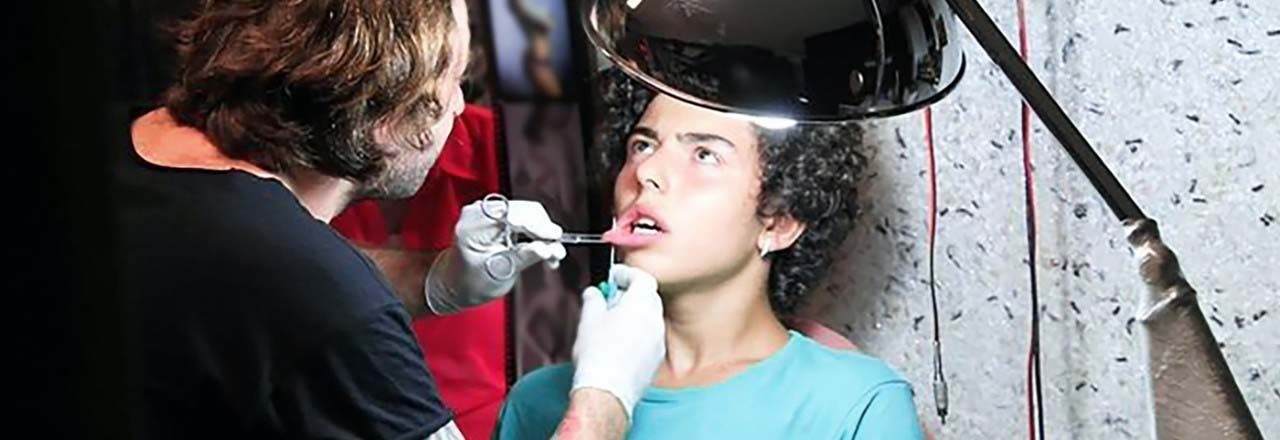Piercings and your oral health

Thinking about getting jewelry for your tongue, lip or cheek? Decide if the risks associated with oral piercings are worth it.
Risks of oral piercings
Consider these possible pitfalls before getting pierced.
- Chipped teeth. Chips and fractures may occur from jewelry hitting your teeth while sleeping, eating and talking as well as from playing with the jewelry in your mouth. Minor chips and fractures can be fixed with fillings or crowns; deeper fractures and breaking off large pieces of teeth may send you for a root canal or tooth extraction.
- Damaged gums. Oral jewelry can rub against your gums, causing your gums to pull away from teeth and exposing the root. This damage can lead to sensitive teeth and require procedures like root canals or extraction.
- Swelling. This is a common occurrence after piercing, but if your tongue swells too much, your airway could become blocked.
- Nerve damage. Temporary or permanent nerve damage can occur, making your tongue or mouth numb. Nerve damage can also affect your sense of taste and how you move your mouth.
- Infection. Your mouth is a breeding ground for bacteria — when it’s punctured during piercing, bacteria can enter the bloodstream. Poor brushing habits and touching the piercing with unclean hands can also lead to infection.
- Blood-borne diseases. Piercing instruments that are not properly sterilized can transmit diseases such as hepatitis.
Post-piercing tips
Previously or newly pierced? Follow these tips to minimize the risk of infection and damage:
- Keep it clean. Use an antiseptic mouthwash after every meal in addition to your twice-daily brushing and flossing. And make sure to brush your jewelry to remove any unseen plaque!
- Go small(er). Your piercer probably used a larger barbell to allow space for swelling. Once the swelling goes down, switch to a smaller barbell that's less likely to cause damage.
- Play it safe. Once your piercing is healed, remove your jewelry before playing sports, eating and sleeping. Get a plastic tongue ring retainer to plug the hole when you remove your metal.
Last updated January 10, 2022
Related articles:
The oral health information on this website is intended for educational purposes only. Always consult a licensed dentist or other qualified health care professional for any questions concerning your oral health.


